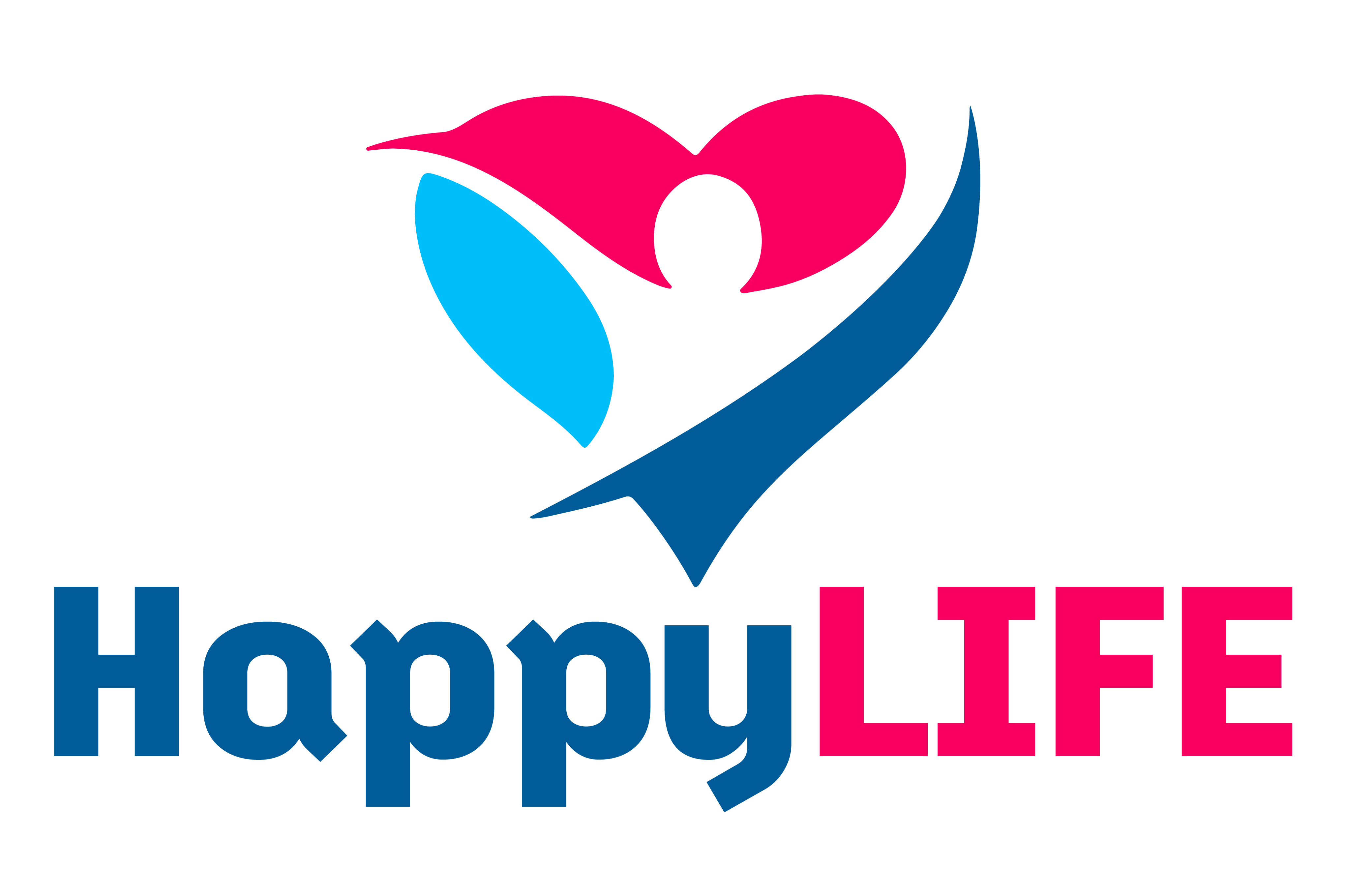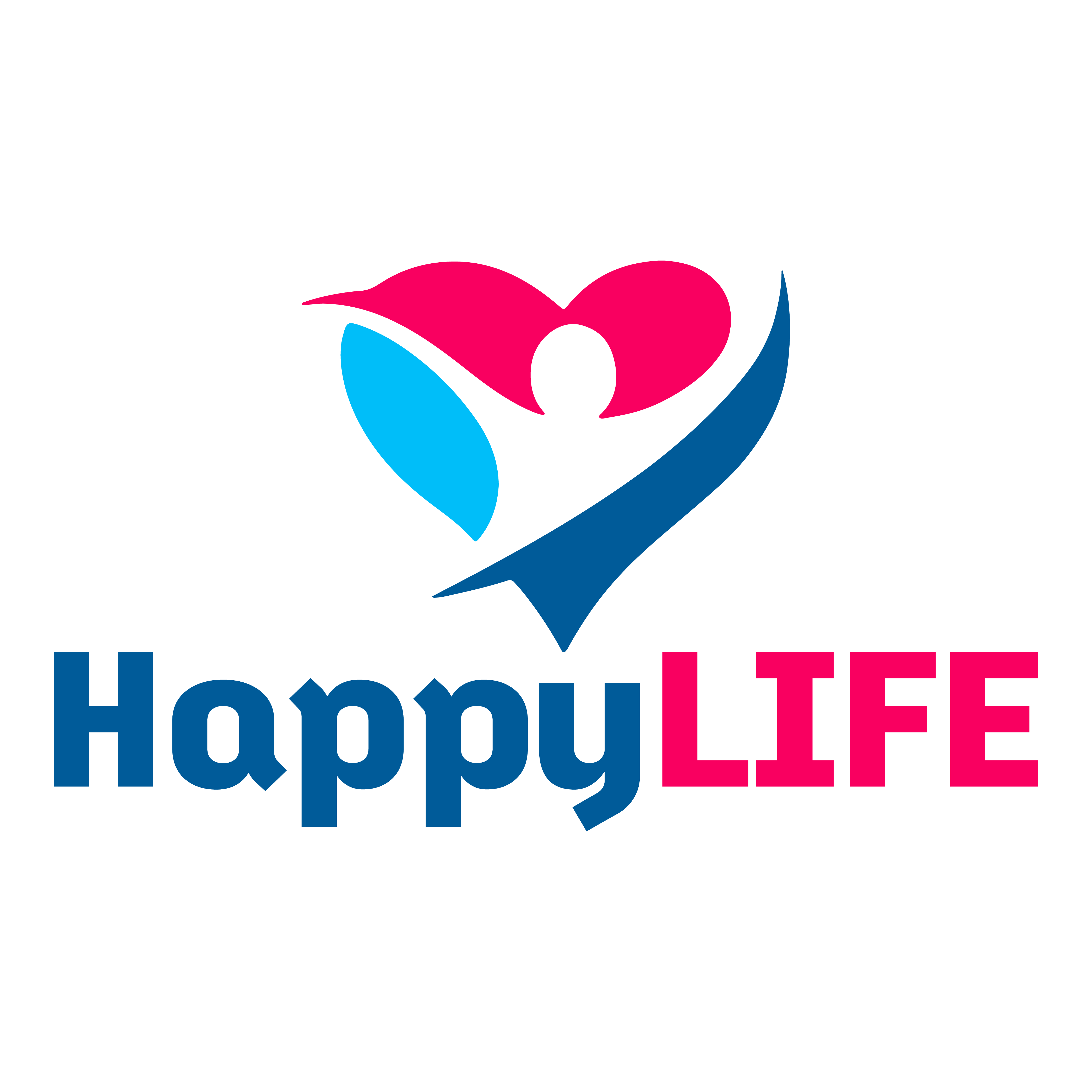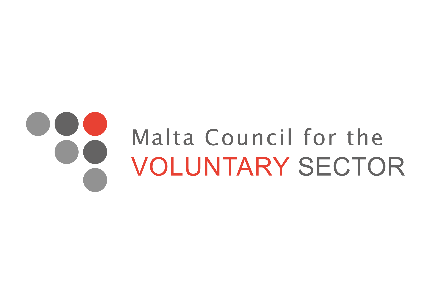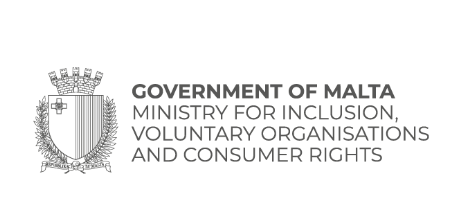Search for answers or browse our knowledge base.
A methodological framework about quarrelling children. The project result 1 of “Arguing at school”.
ABSTRACT
This report consists of one of the results of the “Arguing at School. Psycho-pedagogical Methods to help children (2-18) learn from arguing” Project.
The final version will be ready in November 2023, after further feedback that will be provided by stakeholders in the next Multiplier Event, and during the Learning and Teachers Training Activity.
The foundation of this project is a question: what are we talking about when we talk about conflict?
In our Erasmus+ Consortium of 10 partners, we have made conflicts an object of study and work, with precise methods and educational tools to allow students to learn through quarrels, develop relational skills, and prevent the conflictual incompetence that characterises violent behaviour.
“Since conflict is a learning opportunity, it should be dealt with in schools” states EduCATe, a previous project that works also on this kind of issue. To do it, we need methods and discussions about pedagogical methods.
A methodological framework about quarrelling children.
The project result 1 of “Arguing at school”.
This report consists of one of the results of the “Arguing at School. Psycho-pedagogical Methods to help children (2-18) learn from arguing” Project.
The final version will be ready in November 2023 as foreseen by the project proposal, after further feedback that will be provided by stakeholders in the next Multiplier Event, and during the Learning and Teachers Training Activity.
We know, from literature, that schools rarely spend time and energy studying student quarrels and devising strategies for dealing with them.
Many teachers react in individual and even emotional ways when confronted with arguing children. In general, teachers would prefer to see students always get along well, and not argue at all.
Quarrels, however, are a normal and daily component of relationships.
In our Erasmus+ Consortium of 10 partners, we have made conflicts an object of study and work, with precise methods and educational tools to allow students to learn through quarrels, develop relational skills, and prevent the conflictual incompetence that characterises violent behaviour.
The project partners of six European countries (Italy, Croatia, Malta, Romania, France, and Belgium) invite schools to participate in research and discussion about Arguing at Schools.
The project leader
CPP – Psycho-pedagogical Center for Peace and Conflict Management is an Institute specialised in learning processes at different ages of life, with a special focus on situations of conflict. It deals with research, pedagogical consultancy, and adult training. Daniele Novara, a pedagogist and author of numerous books, is the director of the CPP. Since 1989, CPP has been helping teachers and parents to discover the dimension of conflicts and disagreements as moments of human relations, clearly distinct from violence.
The research
Conflicts can be an opportunity for learning at all ages. In particular, for the age group from 2 to 10 years, Daniele Novara has developed a precise method called “Litigare Bene”. Research made in some Italian schools with Turin University is published in Daniele Novara, Caterina Di Chio, “Litigare con metodo”, Erickson, 2013 (translated into German 2015).
The CPP carries out training activities for teachers at the national level and, thanks to this, the Litigare Bene method is used in many Italian schools with very positive experiences. One of these schools is the project partner Fondazione Intro’s Montessori “Casa dei Bambini Il Sassolino”, which has been using it since 2011.
The question: “What methods are used by this school to address quarrelling students?” may seem strange to many adults, because the three methods used by our project partners are still rare and many teachers are unfamiliar with them.
At the same time, there are consolidated and positive experiences that certify that the methods exist: the ordinary experience of a childhood quarrel can be transformed from an unexpected moment of disturbance into an opportunity to learn skills. It is about maintaining the centrality of the subjectivity of boys, girls, and teenagers, accompanying them to develop the skills at the base of a functioning democratic life: knowing how to express themselves, to listen, to put themselves in others’ shoes, to identify common problems and interests and to find effective ways to live better together, whether there is a shared agreement, or if there isn’t any “solution” to the conflict.
Life skills can be developed by allowing everyone, children, and teenagers to argue better, in a school context well equipped for those purposes.
Starting from a basic question
The foundation of this project is a question: what are we talking about when we talk about conflict?
The same question has been at the centre of the work of a previous Erasmus+ Project, with 6 partners. During 2015-18 EduCATe Consortium produced many Intellectual Outputs, including a list of eleven common assumptions regarding conflict and nonviolent conflict transformation in educational settings (Annex 1). Arguing at schools Project starts from there.
“Since conflict is a learning opportunity, it should be dealt with in schools” states EduCATe.
To do it, we need methods and discussions about pedagogical methods.




